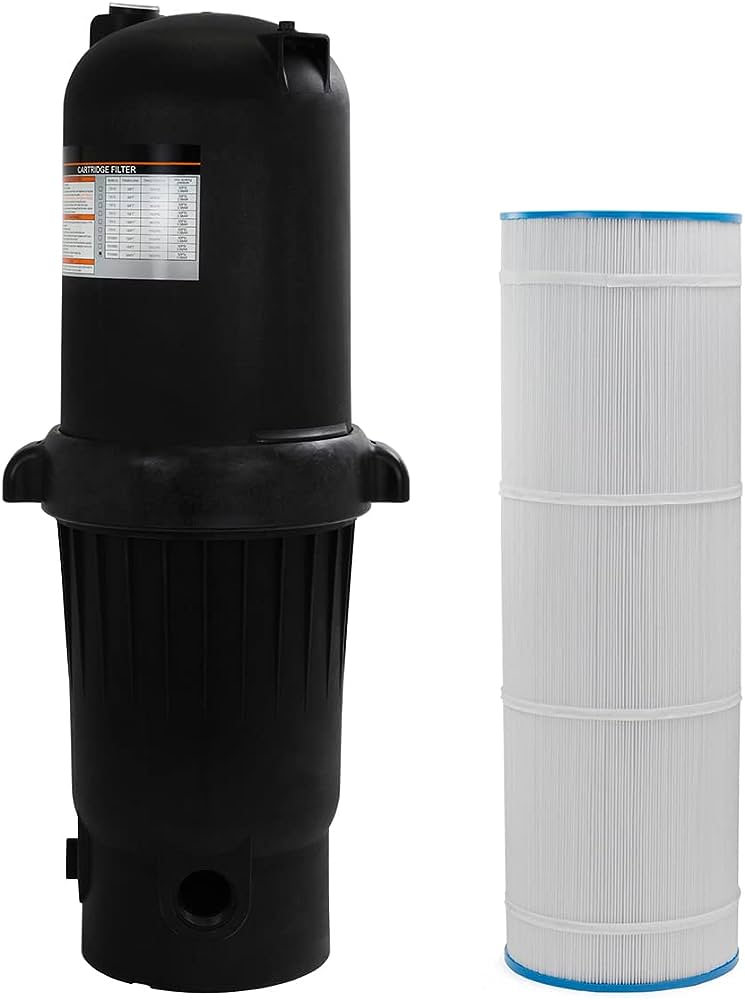Foam Or Sand under the Pool : Uncover the Secret for Perfect Pool Foundation!
Foam or sand can be used as a base under the pool. Choosing between them depends on individual preferences and specific pool requirements. Now, let’s dive into more details. When it comes to setting up a pool, the choice of base material is crucial in ensuring stability, durability, and overall pool performance. Two popular options often considered are foam and sand. Foam provides a soft and cushioned base that helps protect the pool liner, preventing punctures and damage. It is commonly used for above-ground pools and offers excellent water drainage. On the other hand, sand offers a stable and level surface that provides good support to the pool. It is frequently used for in-ground pools and offers a solid foundation. Ultimately, the decision between foam and sand will depend on factors such as pool type, location, budget, and personal preferences. Both options have their advantages and disadvantages, so it’s important to weigh them carefully before making a choice. Credit: www.myperfectpool.com.au Importance Of A Quality Pool Foundation For a quality pool foundation, choosing between foam or sand can make a significant difference. It is important to carefully consider the options as the foundation impacts the overall durability and stability of the pool. The Crucial Role Of A Solid Pool Foundation Factors Affecting The Lifespan And Durability Of The Pool The Impact Of The Foundation On Pool Maintenance And Repairs Understanding Foam As The Foundation Option Foam or sand? Learn about the advantages and considerations of using foam as the foundation option for your pool. Discover how foam can provide stability, insulation, and a smooth surface for your pool installation. Foam As The Foundation Option: Exploring The Benefits Foam is rapidly emerging as a popular choice for pool foundation, and for good reason. It offers a range of benefits that make it a superior option. Let’s dive deeper into why foam as a pool foundation is worth considering: Enhanced Insulation And Temperature Regulation Superior Cushioning And Support Ease Of Installation And Customization Excellent Moisture Barrier Environmentally Friendly Option Foam provides numerous advantages as a pool foundation option. It offers enhanced insulation and temperature regulation, superior cushioning and support, ease of installation and customization, excellent moisture barrier properties, and an eco-friendly approach. Consider foam for your pool foundation to ensure a durable, comfortable, and long-lasting swimming experience. Evaluating Sand As The Foundation Option Considering which foundation option to choose for your pool? Evaluating sand as the base provides stability and support, ensuring a durable and safe swimming environment. Whether to opt for foam or sand? Let’s explore. Sand is a popular option when it comes to choosing a foundation for your pool. It offers several advantages, such as its ability to level the pool and provide stability. Additionally, sand has natural water drainage properties that can help prevent any water buildup around your pool area. In this section, we will examine the advantages of using sand as a pool foundation, discuss its ability to level the pool and provide stability, and explore its natural water drainage properties. Examining The Advantages Of Using Sand As A Pool Foundation: The Ability Of Sand To Level The Pool And Provide Stability: Understanding The Natural Water Drainage Properties Of Sand: Sand offers several advantages as a pool foundation option. Its ability to level the pool and provide stability, combined with its natural water drainage properties, make it a popular choice for many pool owners. Whether you have minor imperfections in your pool area or simply want a cost-effective and easy-to-install foundation option, sand is definitely worth considering. Factors To Consider In Your Decision When deciding between foam or sand for the pool foundation, it is important to consider factors such as stability, cushioning, and water drainage. These aspects will impact the overall durability and safety of your pool installation. Foam Or Sand Under The Pool When it comes to installing an above-ground pool, one of the important decisions you need to make is whether to use foam or sand as the foundation. Each option has its own advantages and considerations, and understanding these factors will help you make an informed decision. In this section, we will explore three key factors to consider in your decision: climate and weather conditions affecting foundation performance, the type of pool and its specific requirements, and personal preferences and budget considerations. Climate And Weather Conditions Affecting Foundation Performance The Type Of Pool And Its Specific Requirements Personal Preferences And Budget Considerations By carefully considering climate and weather conditions, the type of pool and its specific requirements, as well as personal preferences and budget considerations, you can make an informed decision on whether to use foam or sand as the foundation for your above-ground pool. Remember to choose the option that best suits your needs and enhances your swimming experience. Pros And Cons Of Foam Under The Pool Foam or sand under the pool? The use of foam as a base has pros like better insulation, protection against rocks, and easy installation. On the other hand, it may lead to water accumulation and potential for mold growth. Sand is generally cheaper but can shift and be less forgiving. Consider your preferences and needs before making a decision. Foam Or Sand Under The Pool Are you considering installing a pool in your backyard? One important decision you’ll need to make is whether to use foam or sand as a base under the pool. In this section, we’ll explore the advantages and drawbacks of choosing foam under the pool, helping you make an informed decision. Highlighting The Advantages Of Choosing Foam Under The Pool Foam under the pool offers several benefits that make it an attractive option for many pool owners: Addressing The Potential Drawbacks And Limitations Of Foam While foam under the pool offers many advantages, it also has some potential drawbacks and limitations you should consider: By considering these advantages and limitations, you can evaluate whether foam under the pool is the right choice for your needs. Make an informed decision based
Foam Or Sand under the Pool : Uncover the Secret for Perfect Pool Foundation! Read More »






